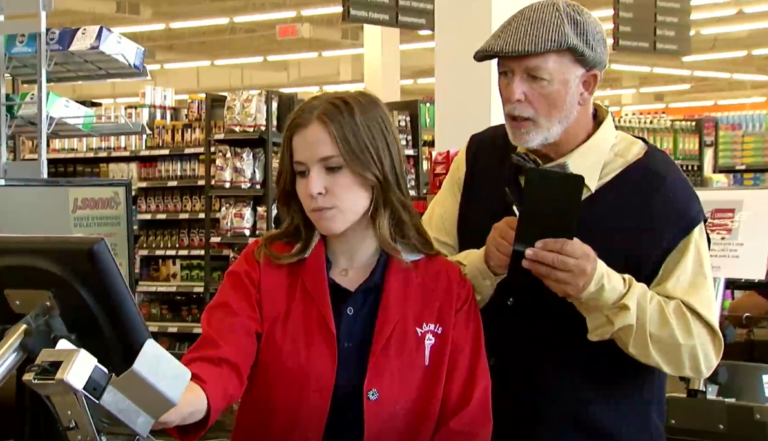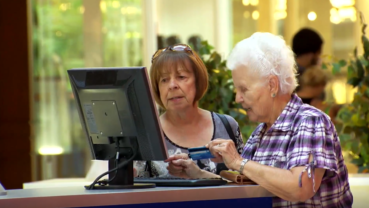Teaching Materials
Importance of the Topic:
Humour can be a great teaching tool. This vignette, although humorous in nature, carries a serious message and, hopefully, teaches us the importance of protecting our personal information. There is no humour in having your personal information stolen and then used by the person who stole it. Imagine – it’s just like having your wallet or purse stolen!!! With the great number of passwords and PINs that most people have these days it is possible to have some of this information stolen if we do not take care to ensure that it is safeguarded. How do we do this? The activities suggested below will give some answers but each of us has to make certain that we do not share or reveal this information to anyone but those we trust. Failure to do so could result in great difficulties and loss of money and personal identity.
Desired Outcome, Knowledge, or Skill:
- Realizing the importance of changing your PINs and passwords on a regular basis.
- Ensuring that your passwords and PINs are detailed enough to be secure.
- Understanding the importance of never sharing your personal information with others.
- Appreciating the need to always check your surroundings when entering PINs or passwords to ensure that you are not being observed.
- Avoiding using ATMs if anything appears suspicious.
- Conducting monetary transactions only with secure and trusted sources and websites.
Possible Activities:
- Develop a practice password of 11 characters and come up with a trick to make certain that you will remember it. For example, it could be a line from a song using the first letter of each of the words. It could also include capital letters and numbers, e.g., “O Canada, our home and native land” 1867 becomes OCohanl1867.
- As practice for establishing your own secure password, develop a secure password of at least 8 characters for 3 of the following people or characters: Batman, Queen Elizabeth, Darth Vader, Donald Trump, Spiderman, Santa Claus, Humpty Dumpty, George Clooney, Justin Trudeau.
- Research how you can determine if a website is a secure website before you post any information.
- Discuss with a partner the type of information you should and should not post on any email or social media explaining the reasons for your choices.
- List things you should and should not do when using an ATM machine to ensure that you keep your information as safe as possible.
- If you are a teacher and want a couple of class activities dealing with password security, please click here to check the material available.






